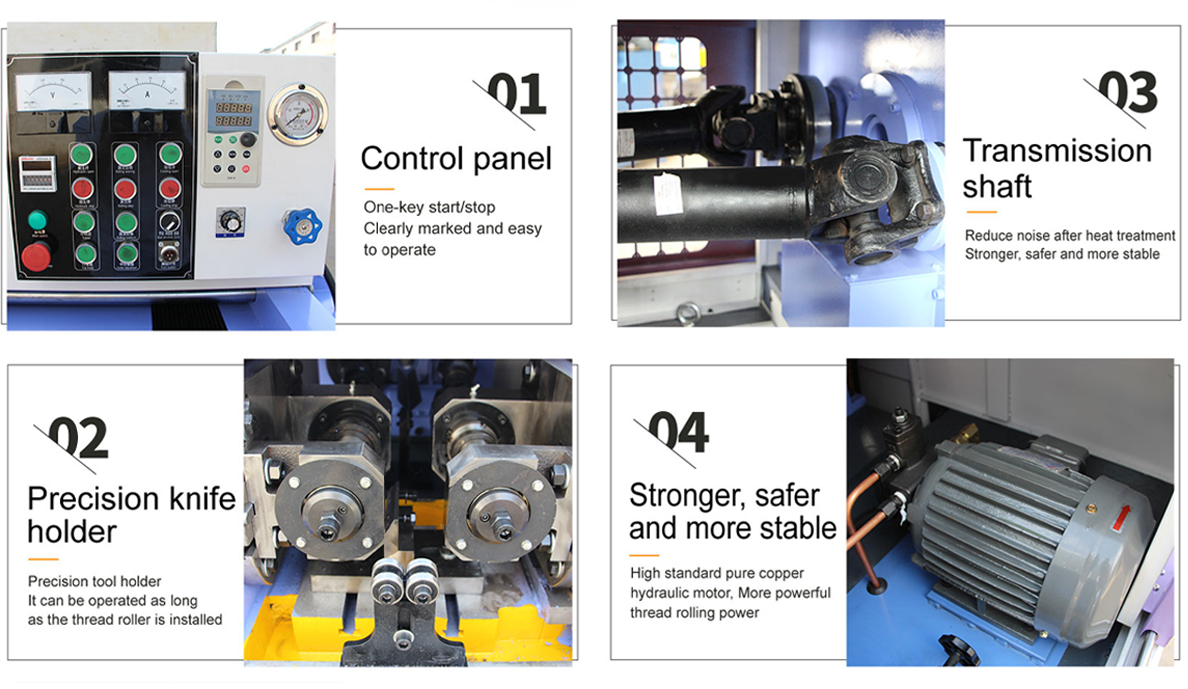
-
 Afrikaans
Afrikaans -
 Albanian
Albanian -
 Amharic
Amharic -
 Arabic
Arabic -
 Armenian
Armenian -
 Azerbaijani
Azerbaijani -
 Basque
Basque -
 Belarusian
Belarusian -
 Bengali
Bengali -
 Bosnian
Bosnian -
 Bulgarian
Bulgarian -
 Catalan
Catalan -
 Cebuano
Cebuano -
 Corsican
Corsican -
 Croatian
Croatian -
 Czech
Czech -
 Danish
Danish -
 Dutch
Dutch -
 English
English -
 Esperanto
Esperanto -
 Estonian
Estonian -
 Finnish
Finnish -
 French
French -
 Frisian
Frisian -
 Galician
Galician -
 Georgian
Georgian -
 German
German -
 Greek
Greek -
 Gujarati
Gujarati -
 Haitian Creole
Haitian Creole -
 hausa
hausa -
 hawaiian
hawaiian -
 Hebrew
Hebrew -
 Hindi
Hindi -
 Miao
Miao -
 Hungarian
Hungarian -
 Icelandic
Icelandic -
 igbo
igbo -
 Indonesian
Indonesian -
 irish
irish -
 Italian
Italian -
 Japanese
Japanese -
 Javanese
Javanese -
 Kannada
Kannada -
 kazakh
kazakh -
 Khmer
Khmer -
 Rwandese
Rwandese -
 Korean
Korean -
 Kurdish
Kurdish -
 Kyrgyz
Kyrgyz -
 Lao
Lao -
 Latin
Latin -
 Latvian
Latvian -
 Lithuanian
Lithuanian -
 Luxembourgish
Luxembourgish -
 Macedonian
Macedonian -
 Malgashi
Malgashi -
 Malay
Malay -
 Malayalam
Malayalam -
 Maltese
Maltese -
 Maori
Maori -
 Marathi
Marathi -
 Mongolian
Mongolian -
 Myanmar
Myanmar -
 Nepali
Nepali -
 Norwegian
Norwegian -
 Norwegian
Norwegian -
 Occitan
Occitan -
 Pashto
Pashto -
 Persian
Persian -
 Polish
Polish -
 Portuguese
Portuguese -
 Punjabi
Punjabi -
 Romanian
Romanian -
 Russian
Russian -
 Samoan
Samoan -
 Scottish Gaelic
Scottish Gaelic -
 Serbian
Serbian -
 Sesotho
Sesotho -
 Shona
Shona -
 Sindhi
Sindhi -
 Sinhala
Sinhala -
 Slovak
Slovak -
 Slovenian
Slovenian -
 Somali
Somali -
 Spanish
Spanish -
 Sundanese
Sundanese -
 Swahili
Swahili -
 Swedish
Swedish -
 Tagalog
Tagalog -
 Tajik
Tajik -
 Tamil
Tamil -
 Tatar
Tatar -
 Telugu
Telugu -
 Thai
Thai -
 Turkish
Turkish -
 Turkmen
Turkmen -
 Ukrainian
Ukrainian -
 Urdu
Urdu -
 Uighur
Uighur -
 Uzbek
Uzbek -
 Vietnamese
Vietnamese -
 Welsh
Welsh -
 Bantu
Bantu -
 Yiddish
Yiddish -
 Yoruba
Yoruba -
 Zulu
Zulu
Flat Die Thread Rolling Machine Price List and Purchasing Guide
The Flat Die Thread Rolling Machine An Overview and Price Insights
In the realm of manufacturing, thread rolling machines play a crucial role in efficiently producing threaded fasteners and components. Among the various types of these machines, the flat die thread rolling machine stands out for its versatility and efficiency. This article delves into the features, applications, and pricing trends associated with flat die thread rolling machines, providing potential buyers with valuable information.
What is a Flat Die Thread Rolling Machine?
A flat die thread rolling machine is a piece of industrial equipment used to create threads on metal workpieces. It employs a pair of parallel flat dies, which impart the desired thread profile onto the material as it is fed through the machine. The process is cold forming, meaning it reshapes the metal without the use of heat, resulting in a stronger and more durable thread than those produced by cutting methods.
Benefits of Using Flat Die Thread Rolling Machines
1. High Efficiency These machines are known for their high production rates. They can produce large quantities of threaded components in a relatively short amount of time, making them suitable for high-volume manufacturing.
2. Quality and Precision The cold rolling process preserves the integrity of the metal, leading to tighter tolerances and less material waste. The resulting threads are often stronger and more consistent compared to those produced by traditional machining.
4. Versatility These machines can accommodate a wide range of materials, including carbon steel, stainless steel, and non-ferrous metals, making them adaptable to various manufacturing needs.
Applications
flat die thread rolling machine pricelist

Flat die thread rolling machines are widely used in various industries, including automotive, aerospace, construction, and electronics. They are commonly employed to manufacture components such as bolts, screws, and nuts that require precise and reliable threading. The ability to produce custom thread sizes and profiles adds to their appeal across different sectors.
Price Range and Market Trends
The pricing of flat die thread rolling machines can vary significantly based on several factors, including machine size, brand, and specific technological features. Generally, prices can range from a few thousand to several tens of thousands of dollars. For instance, small, entry-level machines suitable for light-duty applications may cost around $5,000 to $10,000. In contrast, high-capacity, advanced models designed for heavy-duty production can exceed $50,000.
Several market trends are influencing the pricing and demand for flat die thread rolling machines
1. Technological Advancements The introduction of automated and CNC-enabled machines is gradually reshaping the market, offering enhanced precision and reduced labor costs. As these advanced models become more common, traditional machines may see a shift in pricing dynamics.
2. Increased Demand for Customization As industries push for more customized fasteners, manufacturers are investing in flexible thread rolling machines that can accommodate varying specifications. This demand is driving innovation and can impact pricing.
3. Sustainability and Efficiency With a growing emphasis on sustainable manufacturing practices, machines that offer energy efficiency and minimal waste generation are becoming more desirable. Buyers may be willing to pay a premium for equipment that aligns with these values.
Conclusion
Flat die thread rolling machines are an indispensable asset in modern manufacturing, providing efficiency, versatility, and superior thread quality. As the industry evolves with new technologies and demands, understanding the pricing landscape becomes essential for businesses looking to invest in these machines. By considering the factors affecting prices and market trends, manufacturers can make informed decisions that align with their production needs and budget constraints.
